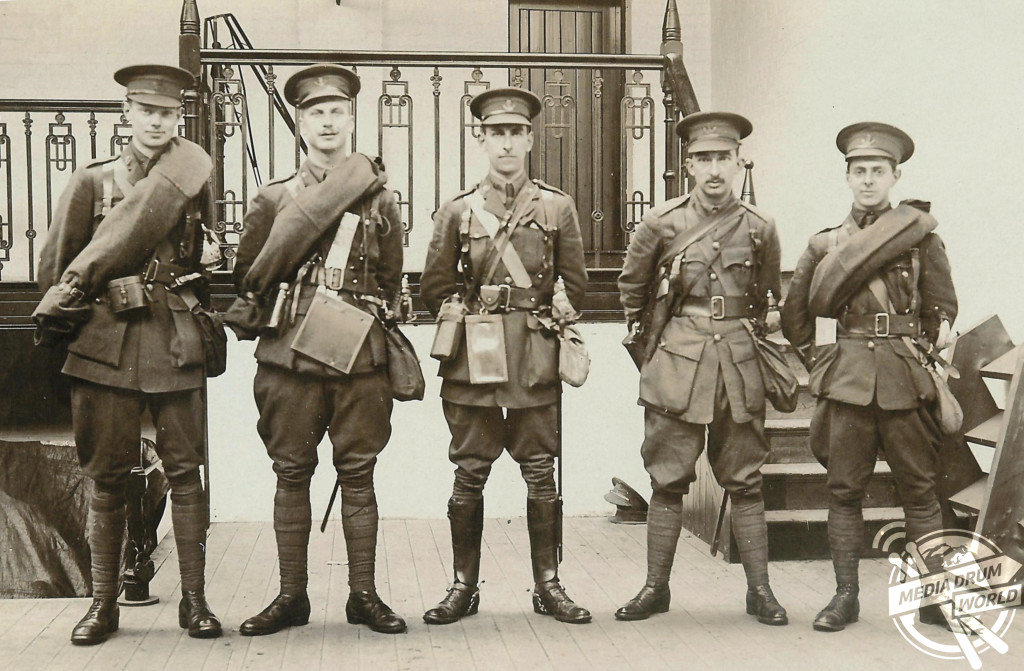
By Mark McConville
A NEW book has revealed the bravery of wartime MPs who led from the front during World War One.
Contrary to popular belief many of the country’s politicians did not simply watch the war from the comfort of their armchairs but rather signed up to lead at the front and many times campaigned to be allowed into the field of battle.
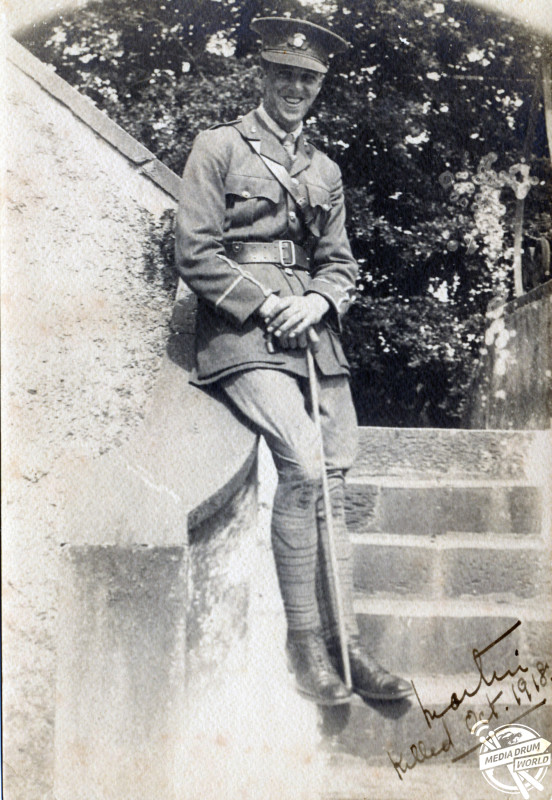
Nearly a third of all MPs (28 per cent) were actively engaged in the war according to statistics published by The Times in April 1915.
Their stories and those of MPs’ sons serving in the war have been told in Neil Thornton’s new book, Led by Lions, published by Fonthill Media.
Harold Cawley was MP for Heywood in Lancashire from January 1910 until his death in Gallipoli in September 1915.
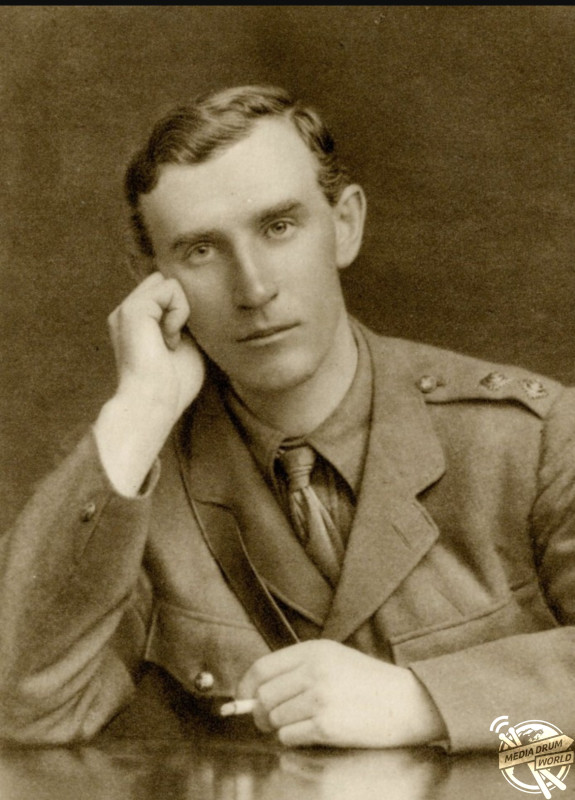
Neil Thornton / mediadrumworld.com
Dissatisfied with a non-combative staff role, Harold moaned for, and succeeded in getting, a return to his battalion.
A detonated Turkish mine created a large crater in no-man’s-land which Cawley sought to make an advanced post.
A desperate fight ensued, with the men exchanging grenades with the enemy in their forward line just 10 yards away.
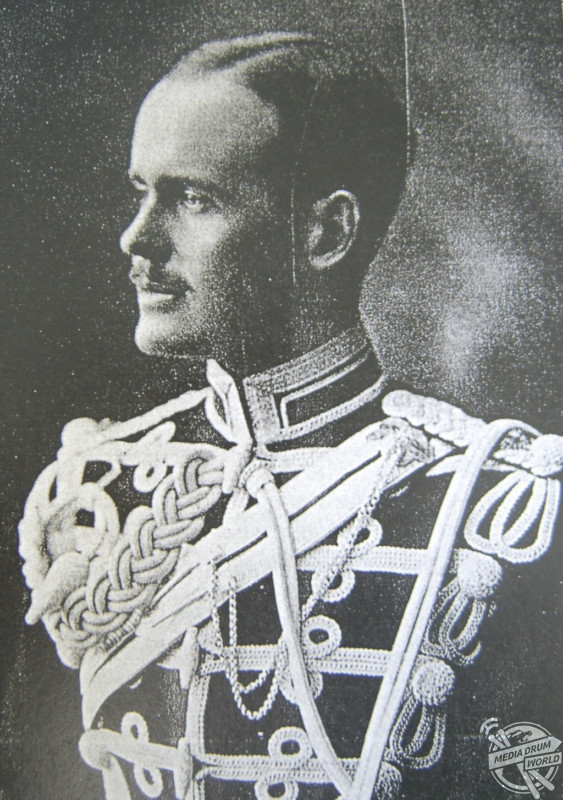
One of the men was killed after being shot through the head and another was temporarily blinded and deafened by the explosion of a grenade, but the small party maintained their grip throughout the day and night.
By the following night, it was suspected that the Turks were digging a trench towards the crater. This was a serious concern as it could serve as a ‘jumping off’ position for them to rush the crater, or they could be planning another explosion.
Just after midnight, Cawley, while endeavouring to see what they were doing, was shot through the temple by an enemy sniper. The crater in which he was killed defending was named ‘Cawley’s Crater’ in his honour.
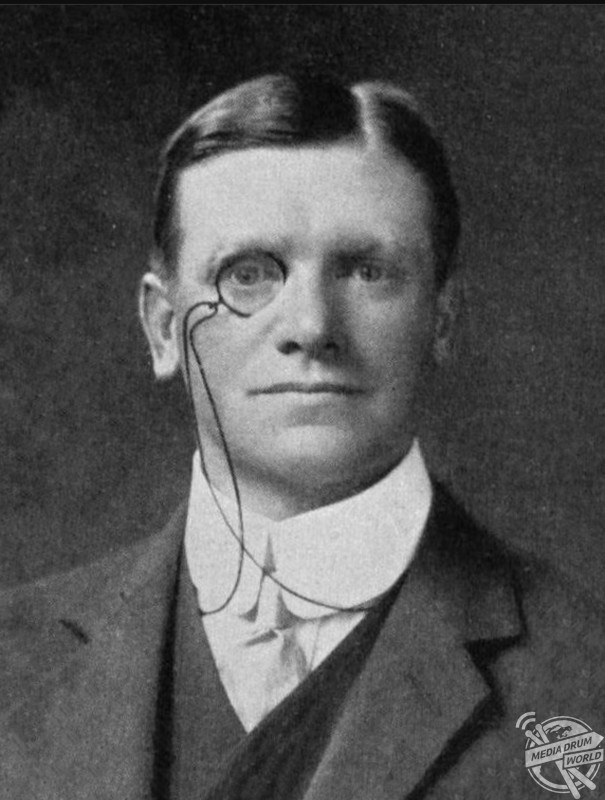
“It is not widely recognised or, indeed, appreciated that politicians were shedding their own blood on the field of battle, and those that were not, be it through age or other reason, certainly were affected, just like the public they represented,” writes Thornton in the book’s introduction.
“The ‘Lions Led by Donkeys’ school of thought—a phrase aimed at high-ranking officers and politicians—is a sweeping generalisation that often falls extremely wide of the mark.
“Through their own efforts to seek active service, and despite being exempt due to their occupation, many would go to extraordinary lengths to enter a theatre of war and fight.”
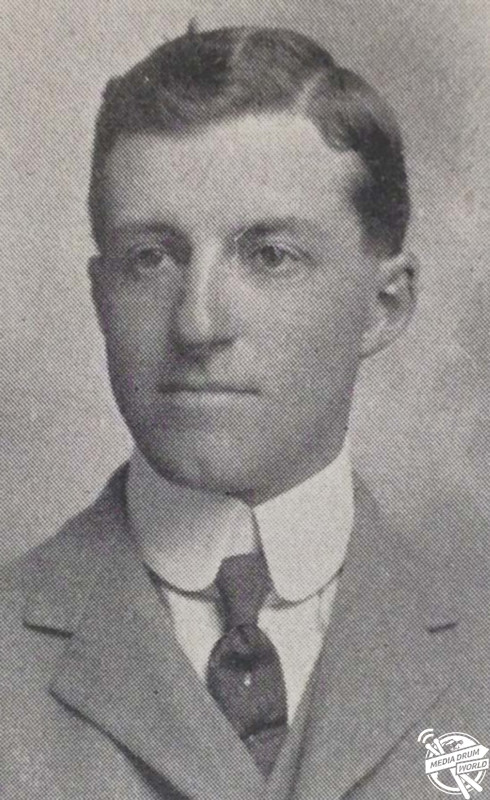
The bravery of many MPs extended to their own families and a lot of politicians felt the loss of a loved one as many sons signed up and died in the Great War.
One such example is the Counsel to the Speaker of the House of Commons, Sir Ernest Moon, KCB, KC, who received notification that, on 24 May 1915, his son, Lieutenant Basil Moon of the Post Office Rifles, had died of wounds received in action at Festubert.
Gallant to his last breath and mortally wounded while leading his men into an enemy trench, Basil Moon died of his wounds, but not before writing a note to his commanding officer, apologising for being shot.
Led by Lions: MPs and Sons Who Fell in the First World War, by Neil Thornton and published by Fonthill Media is available now. RRP £25.






